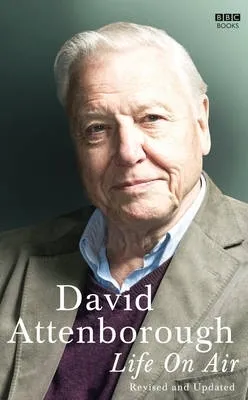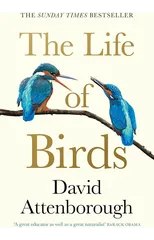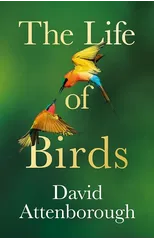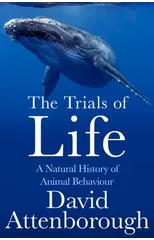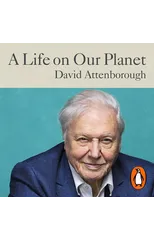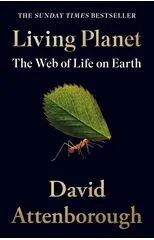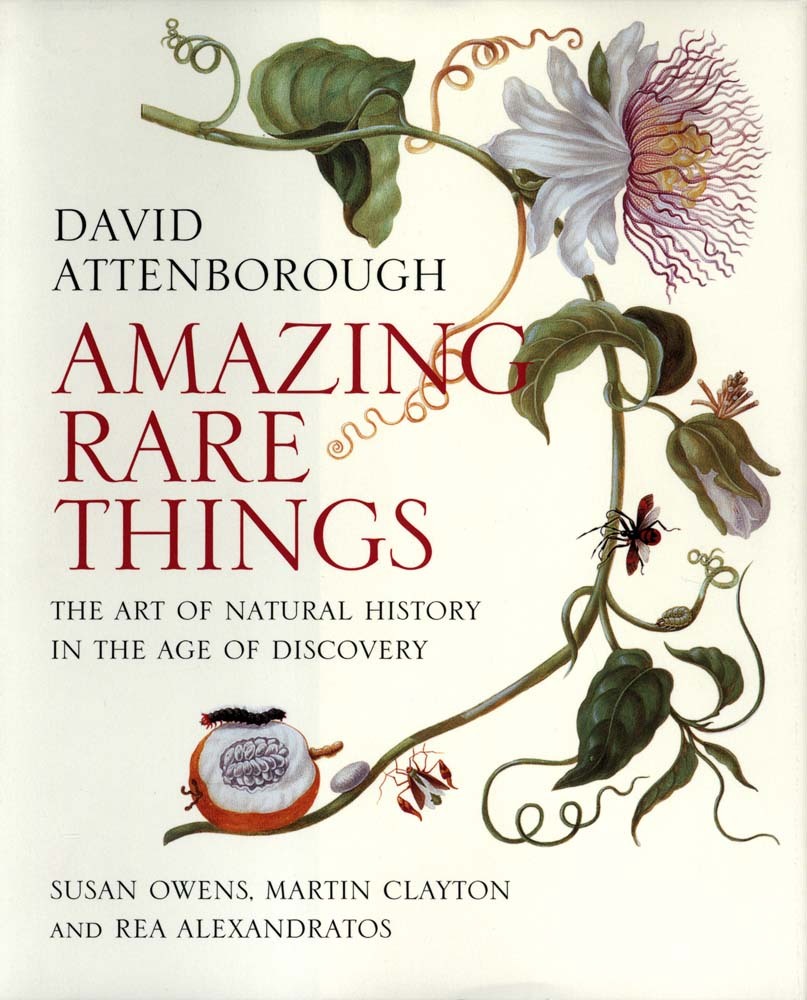David Attenborough is one of the most influential and admired figures in English television. When 26, he applied for a job in the BBC - which then meant radio - and was promptly turned down. But someone saw his rejected application and asked, would he like to try television? He would, and sixty years later, he is still at it. Elegantly told, often very funny, here is his story. At home there is his rise to controlling BBC2, introducing colour television to Britain, encounters with Montgomery, Anthony Eden, singers, athletes, explorers, the Queen, Benjamin Britten. Abroad there are people just as remarkable, journeys up tropical rivers, to the interior of New Guinea or the Australian outback, dragons, birds of paradise, flying snakes and walls of cockroaches. Now updated to cover his work since 2009, Life on Air is a remarkable account of David Attenborough's passion for the natural world and his lifelong quest to understand it. .
David Attenborough
Sir David Attenborough is a renowned British broadcaster and natural historian, known for his groundbreaking documentaries on wildlife and the environment. His most notable works include "Planet Earth," "Blue Planet," and "Life on Earth," which have captivated audiences worldwide with their stunning cinematography and insightful commentary.
Attenborough's literary style is characterized by his passion for the natural world and his ability to convey complex scientific concepts in a clear and accessible manner. His contributions to literature include numerous books on wildlife and conservation, such as "The Living Planet" and "Life on Air."
Attenborough's impact on the literary genre of nature writing is profound, as he has inspired countless authors and filmmakers to explore and celebrate the beauty and diversity of the natural world. His most famous work, "Planet Earth," has been hailed as a masterpiece of nature documentary filmmaking and has garnered numerous awards and accolades.
